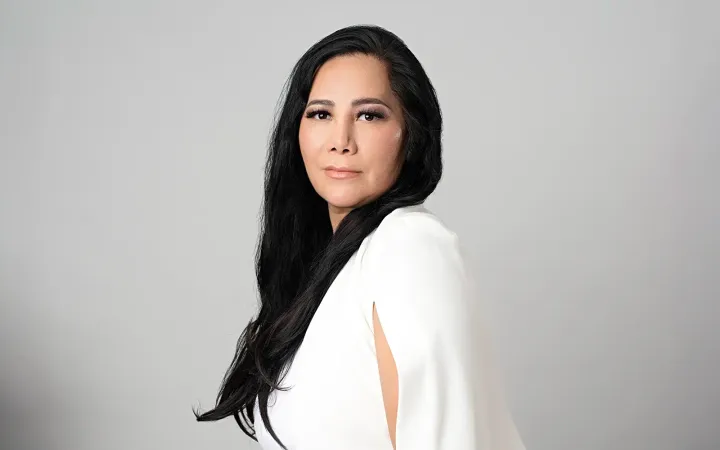Por Flor Aydeé Rodríguez Campos
El matriminio infantil es un gran pendiente en la agenda de los derechos de las niñas de todo el mundo, estamos por cumplir el trigésimo aniversario de la Cuarta Conferencia Mundial sobre la Mujer y la aprobación de la Declaración y Plataforma de Acción de Beijing 1995 (Beijing+30), lo que significa que la agenda de los derechos de las niñas debe mostrar los avances obtenidos por todos los estados parte de las Naciones Unidas para evaluar si se cumplen o no las metas propuestas en estos compromisos internacionales tomando en cuenta también la Agenda 2030 para el Desarrollo Sostenible en específico el objetivo 5.3 quepropone “eliminar todas las prácticas nocivas, como el matrimonio infantil, precoz y forzado, y la mutilación genital femenina”. Lo cierto es que los matrimonios infantiles siguen existiendo en muchos países pues, se argumenta que esta practica es parte de sus “usos y costumbres” sin embargo sabemos que el matrimonio infantil es el resultado de una arraigada desigualdad de género, lo cual afecta a las niñas de manera desproporcionada y de acuerdo con cifras de Unicef a escala mundial, la tasa del matrimonio infantil de los niños varones equivale a tan solo una quinta parte de la de las niñas.
Esta grave violación a los derechos de las niñas no solo les arrebata su infancia sino que pone su vida y su salud en peligro, corren un mayor riesgo de sufrir violencia doméstica y tienen menos probabilidades de seguir asistiendo a la escuela, pero la problemática empeora porque con frecuencia las niñas casadas se quedan embarazadas durante la adolescencia y este hecho incrementa el riesgo de sufrir complicaciones durante el embarazo y el parto.
Esta práctica aísla a las niñas de su familia, de su círculo más cercano y limita su participación en la vida pública dado que las mantiene únicamente en las labores domésticas y de cuidado. En nuestro país esta práctica ya ha sido prohibida en el Código Penal Federal en el Capítulo IX así se logró que México se convirtiera en el primer país en América Latina en prohibir y sancionar penalmente el matrimonio infantil. Pero la lucha ha continuado gracias a Eufrosina Cruz Mendoza activista y ex diputada indígena que ha dado la batalla desde distintas trincheras para que este derecho de las niñas sea reconocido en la Constitución Política de los Estados Unidos Mexicanos, pero sigue siendo un pendiente en la agenda legislativa. Un dato importante que proporciona Save the Children en su “Análisis situacional de las violencias que afectan a las niñas y oportunidades de acción pública renovadora”, es que en el país se prohibió desde 2020 el matrimonio infantil, sin excepciones ni dispensas, pero “las uniones informales siguen y algunos casamientos se llevan a cabo a través de rituales religiosos”.
Colombia ha seguido con la lucha, pues este 13 de noviembre del 2024 el Congreso ha aprobado una ley que prohíbe el matrimonio infantil y las uniones tempranas forzadas. Gracias a esta nueva legislación, Colombia se suma a la lucha global contra esta problemática, avanzando en la construcción de una sociedad en la que los menores puedan crecer sin presiones y en un entorno que respete sus derechos y potencial. Esta decisión es un claro ejemplo de cómo la legislación puede transformar vidas y abrir puertas hacia un futuro más equitativo.
Pero no todo es progresivo aunque sea un principio de los Derechos Humanos, pues en el parlamento iraquí se prepara para votar una enmienda a la Ley de Estatus Personal (Ley 188), que fue una de las más progresistas en el Medio Oriente desde su implementación en 1959, esta enmienda pretende permitir el matrimonio de niñas a partir de los 9 años y eliminaría derechos fundamentales para las mujeres entre los que destacan el tener la custodia de sus hijos y el derecho a divorciarse. Hoy, el 28% de las mujeres en Irak se casan antes de los 18 años según datos de Unicef, esta practica se sigue llevando a cabo gracias a las lagunas legales es por ello que esta enmienda busca abrir la puerta a esta violación a los derechos de las infancias. Las activistas de todo el mundo levantamos la voz y mientras una niña, mujer o adolescente siga siendo sometida en el mundo ninguna seremos libres.

Las opiniones expresadas son responsabilidad de sus autoras y son absolutamente independientes a la postura y línea editorial de Opinión 51.






Comments ()